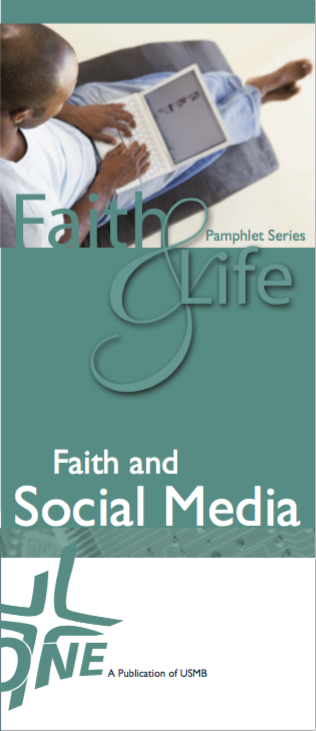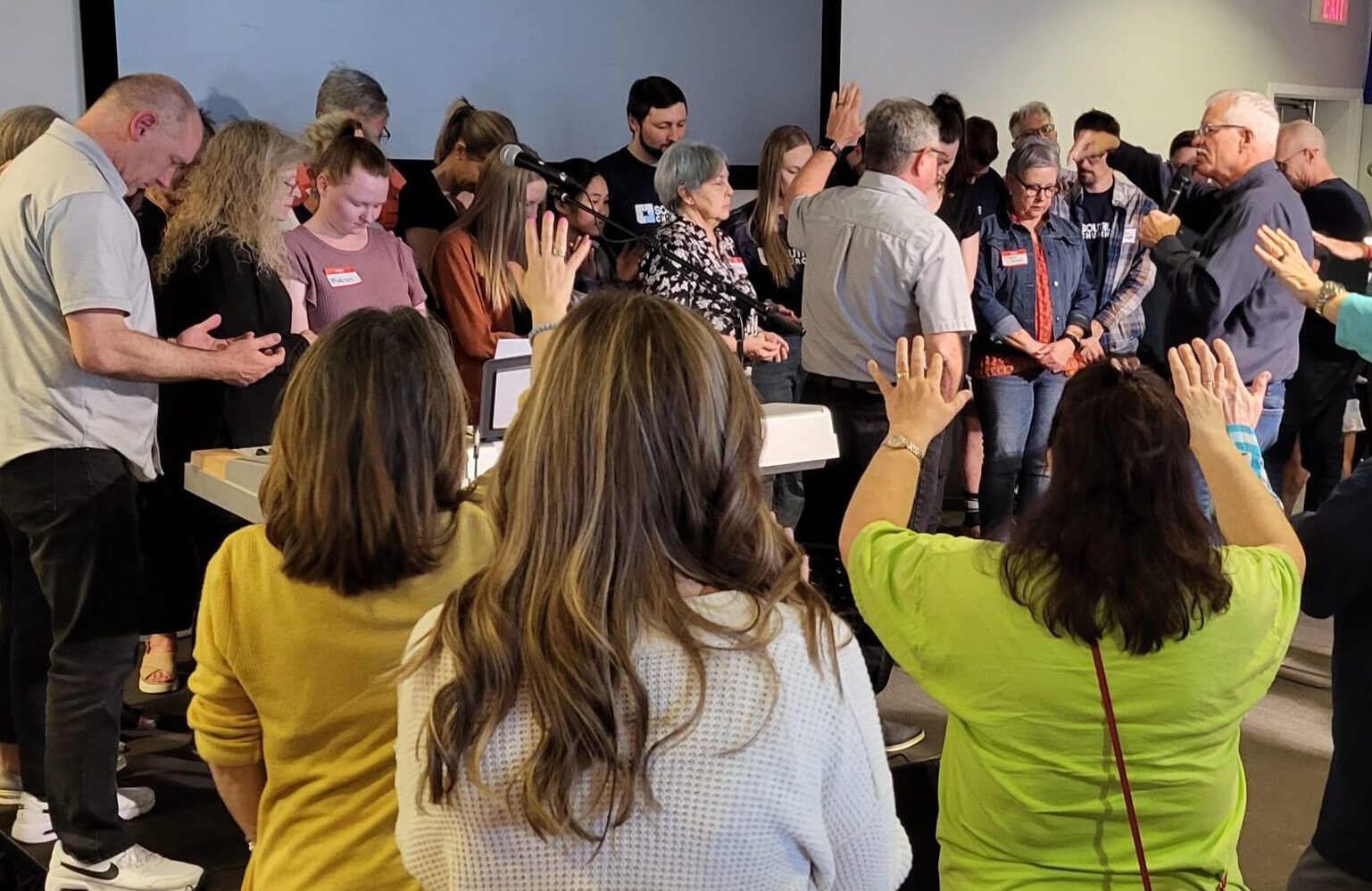 It’s everywhere
It’s everywhere
Social media refers to a long and growing list of online communication tools that are characterized by networking and conversation. In other words, “media” that are by nature “social.”
These tools permeate our culture. Facebook’s current users could populate a large country. Celebrities, athletes, politicians and ordinary folks provide up-to-the-minute opinions via Twitter. Stars are discovered via YouTube. New networks, blogs, forums and wikis crop up seemingly every day, allowing users to share, collaborate, discuss and create—together.
What’s faith got to do with it?
These media are morally neutral; they are neither inherently evil nor inherently good. But we can choose to use social media in ways that are consistent with our faith. Or not. In this way, the way we use social media is not so different from any other aspect of our daily culture.
We value community
Social networks are, indeed, social. They provide simple ways for us to connect, even across miles and circumstances. That’s a good thing for us, because we have always placed a high value on community.
As Mennonite Brethren we believe that a relational God created men and women for relationships. Our Confession of Faith says, “Humans, the crowning act of creation, were designed to live in fellowship with God and in mutually helpful relationships with each other” (Article 3). So when social media enable us to renew relationships we’ve lost over time or to keep in touch across miles, that’s a good thing.
Relationships between fellow believers are especially precious, since we believe our faith is intended to be not an independent activity but lived out in community. We believe that, “The church is a covenant community in which members are mutually accountable in matters of faith and life” (Confession of Faith Article 6). That article goes on to say that we are called to love, care and pray for each other. When we gather via social media to encourage, share prayer concerns and challenge each other to live out our faith, that’s a healthy expression of the church community.
But online relationships are limited and should be viewed only as a supplement to—never a replacement for—face-to-face community and real-life interactions. Even before technology allowed social media to thrive, New Testament writers John and Paul spoke of the inadequacy of written word (the primary medium of that day) and the value of personal visits (2 John 12, Rom. 1:11-12).
We should use social media to enhance, but not replace, our personal relationships and church communities. As the writer of Hebrews says, “Let us not give up meeting together, as some are in the habit of doing, but let us encourage one another—and all the more as you see the Day approaching” (Heb. 10:24-25).
We resist temptation
The world is not always a nice place. The Bible repeatedly exhorts us to resist the world’s temptations. This is as true online as it is offline.
Because social networks offer a certain level of anonymity, they hold certain temptations that those who follow Christ must recognize and resist: distortion of truth, gossip, addiction, pornography and illicit or improper relationships, to name a few.
It’s all too easy to distort the truth in online interactions, whether through blatant lies or by portraying our selves as better-looking, more talented or even more godly than is accurate. Similarly, since news travels fast through social media, so do rumors and gossip. Words can hurt, whether whispered in hallways or Tweeted, posted and forwarded. Even as we guard our tongues, so we must guard our keystrokes.
Sin flourishes in darkness. Addictions, pornography and illicit relationships thrive in the anonymity of online interactions. We must recognize these dangers exist and actively guard against them. It may mean “unfriending” a questionable improper relationship, or avoiding certain sites. It may mean seeking accountability or asking for further help in real life. For some, it may mean choosing to turn the computer off or permanently “log out” of certain networks.
While we find much good through social media, we also find temptations. Let’s do as Paul admonishes in 1 Thessalonians 5:21: “Test everything. Hold on to the good. Avoid every kind of evil.”
We follow Jesus every day
Our Confession of Faith says, “To be a disciple means to be true to Jesus in everyday life” (Article 10). As we use social media, as in all other areas of life, our behavior should bear witness to the Spirit who lives within us: “The fruit of the Spirit is love, joy, peace, patience, kindness, goodness, faithfulness, gentleness and self-control” (Gal. 5:22). Do our posts kindly build up? Do our comments show patience and gentleness even when we disagree? Do we demonstrate self-control by honoring the confidentiality of information offered to us?
Since content on social media ranges from uplifting to banal to vulgar, let’s measure the content that we absorb and share against Paul’s words in Philippians 4:8: “Finally, whatever is true, whatever is noble, whatever is right, whatever is pure, whatever is lovely, whatever is admirable—if anything is excellent or praiseworthy—think on (or post) such things.”
Finally, remember that how we present ourselves and interact online reflects on Christ and his church. We can and should use those interactions to proclaim Christ’s redemptive work in our lives and point others to him. Just as in real life, social media present opportunities to be “salt and light” (Matt. 5:13-16). Let’s make the most of these opportunities.
Published under the sponsorship of the USMB Board of Faith and Life, 2012. For additional copies, contact U.S. Conference, 7348 W. 21st Suite 115, Wichita, KS 67205. Phone: 1-800-257-0515.










